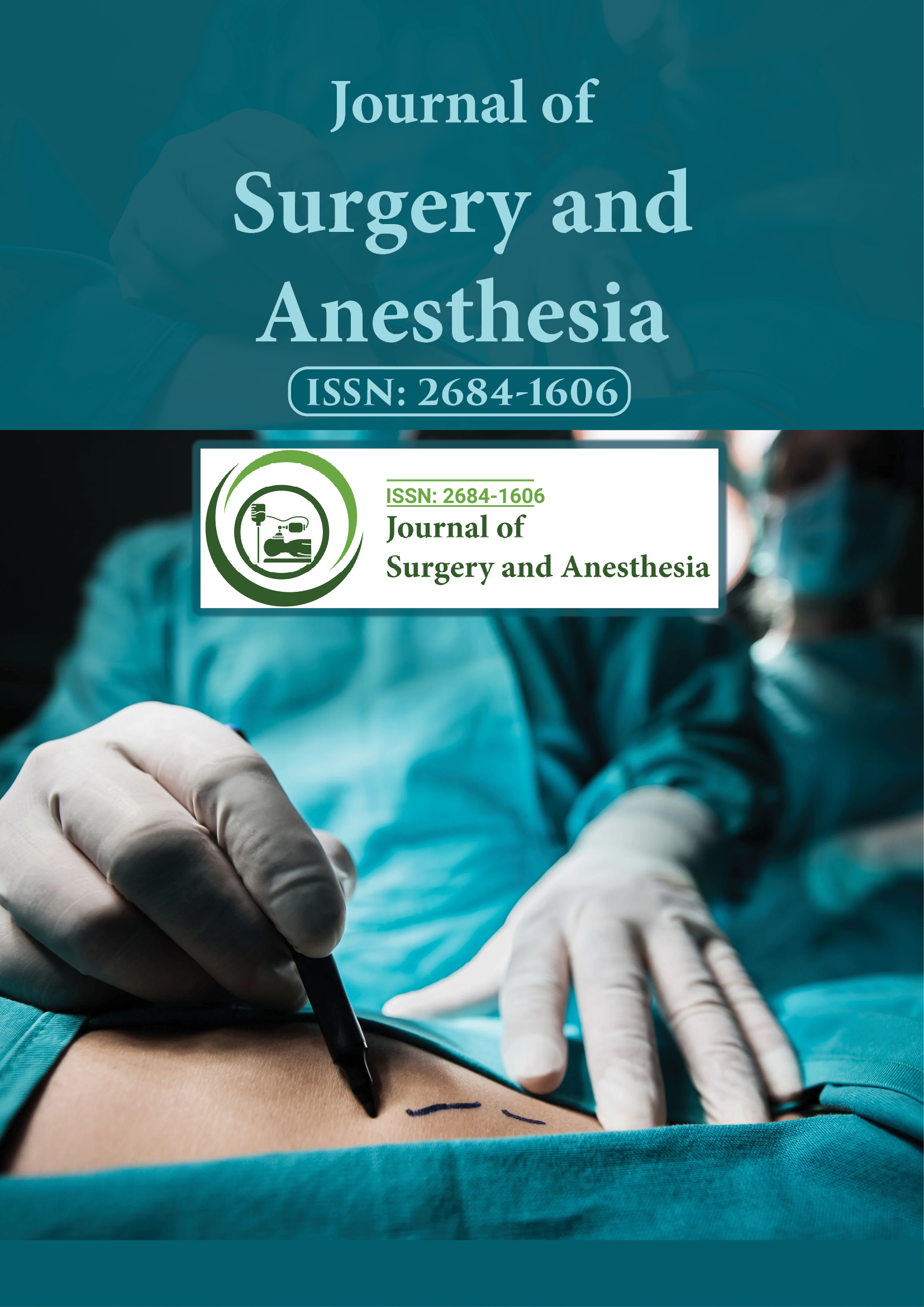Индексировано в
- Google Scholar
Полезные ссылки
Поделиться этой страницей
Флаер журнала

Журналы открытого доступа
- Биоинформатика и системная биология
- Биохимия
- Ветеринарные науки
- Генетика и молекулярная биология
- Еда и питание
- Иммунология и микробиология
- Инжиниринг
- Клинические науки
- Материаловедение
- медицинские науки
- Науки об окружающей среде
- Неврология и психология
- Общая наука
- Сельское хозяйство и аквакультура
- Сестринское дело и здравоохранение
- Управление бизнесом
- Фармацевтические науки
- Химия
Абстрактный
支架置入型和未支架置入型肾盂成形术治疗 Puj 梗阻患儿的疗效对比研究
Ashok Kumar Laddha、Eeshansh Khare、Brijesh Kumar Lahoti 和 Raj Kumar Mathur
简介:在 puj 梗阻患者接受肾盂成形术时是否使用支架(双 J)仍存在争议。本研究旨在评估哪种技术(支架或非支架)更适合 puj 梗阻的儿科患者。
材料和方法: 2015 年 6 月至 2017 年 8 月期间,在印多尔 MY 医院外科部儿科外科科室,纳入了 45 名年龄为 0-12 岁的儿科患者。
男:女比例为 2:1。除一名患者外,所有患者均接受开放式 AH 离断肾盂成形术。
用于比较的参数是:-
• 肾实质直径
• 肾盂前后径
• GFR(通过 DTPA 扫描)
• 并发症的发生率。
最短随访期为 3 个月。
结果:支架置入患儿肾盂成形术后肾实质直径(即增大)和 GFR(患肾)有显著改善,而未支架置入患儿肾实质直径和 GFR(患肾)也有改善,但不显著。与支架置入组相比,未支架组术后并发症发生率更高。
结论:所有接受 AH 肾盂成形术的儿科 pujo 病例均应放置双 J 支架。
Отказ от ответственности: Этот реферат был переведен с помощью инструментов искусственного интеллекта и еще не прошел проверку или верификацию